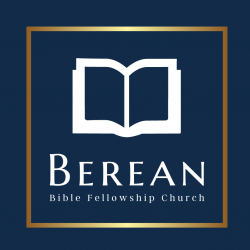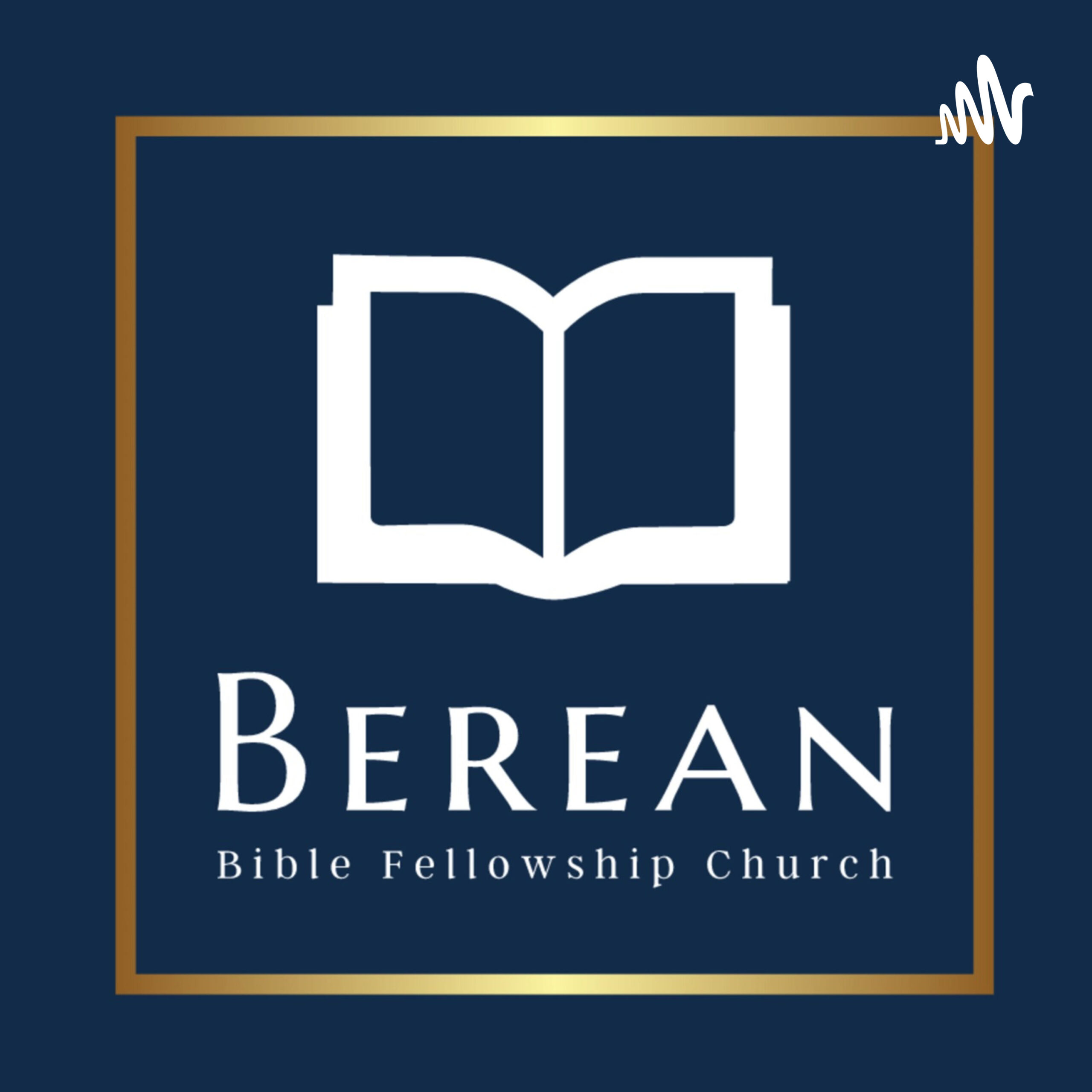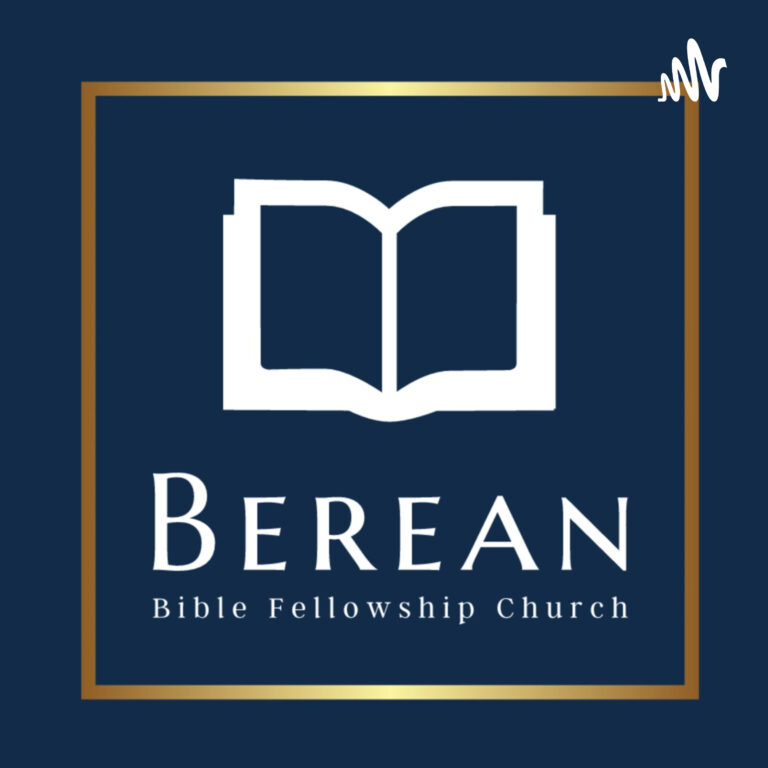John 1:1-4, 14
Big Idea: Jesus, in the incarnation, takes upon himself human nature so that he is both God and man, two natures in one person without change, separation, or mixture.
Jesus _____________ _____ flesh
John 1:1, 14 (ESV) — 1 In the beginning was the Word, and the Word was with God, and the Word was God… 14 And the Word became flesh…
Ἐν ἀρχῇ ἦν ὁ λόγος,
In the beginning was the Word…
John 8:58–59 (ESV) — 58 Jesus said to them, “Truly, truly, I say to you, before Abraham was, I am.” 59 So they picked up stones to throw at him, but Jesus hid himself and went out of the temple.
The imperfect verb tense looks at a past action as if it were in process, with no real regard for beginning or ending.
In the beginning, the Word was already existing, because he had always existed.
“The hypostatic union of the incarnation is not a union of essence, such as the oneness of the Trinity, in which all three persons share in one divine nature… the hypostatic union is a personal union, such that two natures are joined in one person without change, separation, or confusion.” –Joel Beeke
Hebrews 2:17 (ESV) — 17 Therefore he had to be made like his brothers in every respect, so that he might become a merciful and faithful high priest in the service of God, to make propitiation for the sins of the people.
Jesus ________________ among us
John 1:14 (ESV) — 14 And the Word became flesh and dwelt among us, and we have seen his glory, glory as of the only Son from the Father, full of grace and truth.
Matthew 1:23 (ESV) — 23 “Behold, the virgin shall conceive and bear a son, and they shall call his name Immanuel” (which means, God with us).
Jesus is the tabernacle, he is God’s dwelling place with men. And not in a standoffish kind of way but in taking upon Himself our natures with its limitations and struggles.


